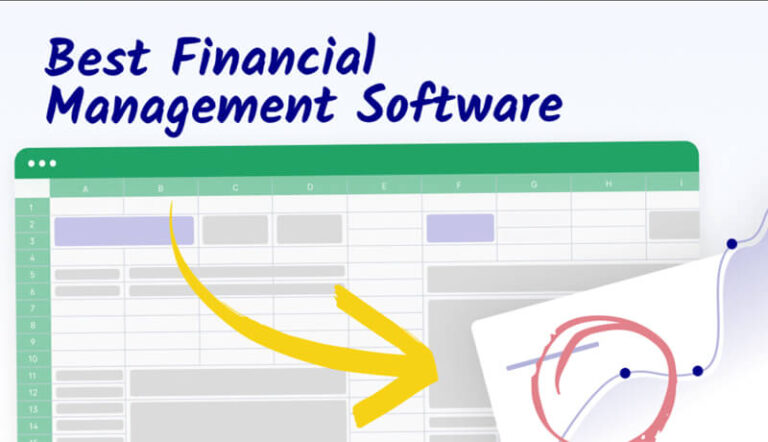Divorce can be a difficult and emotionally charged process, and the financial settlement is often one of the most complex aspects. It involves dividing assets and debts acquired during the marriage and determining any spousal support. Navigating this process requires understanding the legal framework, preparing thoroughly, and sometimes negotiating. Here’s an ultimate guide to help navigate the financial settlement process in a divorce.
1. Understand the Legal Framework
The laws governing divorce and financial settlements vary depending on the country and sometimes within regions of a country. Familiarize yourself with the legal principles in your jurisdiction. In many places, the goal is to achieve a fair and equitable distribution of assets, but “equitable” doesn’t always mean equal.
2. Inventory Your Assets and Debts
Compile a comprehensive list of all assets and debts. This includes real estate, bank accounts, investments, retirement accounts, valuable personal property (like cars and jewelry), and any debt like mortgages, loans, and credit card balances. Remember to consider both joint assets/debts and those in individual names.
3. Assess Your Financial Needs
Post-divorce financial planning is crucial. Assess your income, budget, and future financial needs. This includes living expenses, children’s education, retirement planning, and any other long-term financial goals.
4. Gather Documentation
Collect all relevant financial documents. This includes tax returns, bank statements, pay stubs, investment account statements, mortgage documents, and any other financial records. Accurate and comprehensive documentation is key to a fair settlement.
5. Consider Tax Implications
Understand the tax implications of divorce and asset division. Certain assets may carry significant tax liabilities upon sale or transfer. Consulting with a tax professional can help minimize these liabilities.
6. Understand Spousal Support Considerations
If applicable, familiarize yourself with how spousal support (alimony) works in your jurisdiction. Factors often include the length of the marriage, each spouse’s financial circumstances, earning capacity, and contributions to the marriage.
7. Explore Settlement Options
Many couples opt for mediation or collaborative divorce to settle their finances, as they can be less adversarial and costly than going to court. These methods also offer more flexibility in reaching a mutually agreeable settlement.
8. Consult Professionals
Seek advice from professionals including divorce lawyers, financial advisors, and accountants specializing in divorce. They can provide valuable guidance, help you understand your rights, and ensure that the settlement is fair and compliant with the law.
9. Plan for Post-Divorce Life
Post-settlement, update your will, beneficiaries on insurance policies and retirement accounts, and any other legal documents. It’s also a good time to establish a new budget and financial plan for your life moving forward.
10. Prioritize Your Emotional Well-being
Lastly, take care of your emotional health. Divorce can be stressful, and it’s important to have a support system in place. This can include friends, family, or professional counselors.
Conclusion
Navigating a financial settlement in a divorce is a multifaceted process that requires careful planning, a clear understanding of legal rights, and often, professional assistance. By thoroughly preparing and approaching the process with clear-headedness and pragmatism, you can lay a strong foundation for your financial future post-divorce. Remember, the goal is to reach a fair settlement that supports the financial well-being of both parties as they move forward separately.






